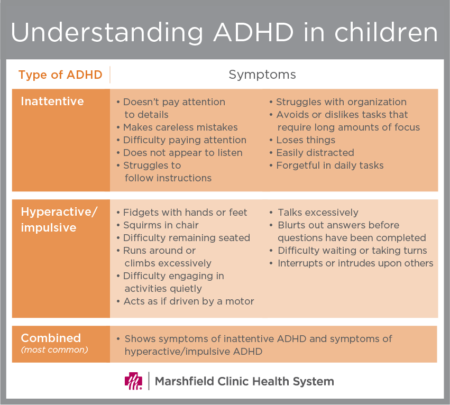Recognizing and Addressing ADHD in Kids
Attention Deficit Hyperactivity Disorder (ADHD) is a common neurodevelopmental disorder that affects children and often continues into adulthood. It is characterized by symptoms of inattention, hyperactivity, and impulsivity. Children with ADHD may have trouble focusing, controlling their impulses, and staying organized.
Recognizing the Signs
Recognizing the signs of ADHD in children can be challenging, as many of the symptoms can also be typical of other developmental stages. Some common signs include difficulty paying attention, excessive fidgeting or squirming, forgetfulness, and difficulty following instructions. It is important to consult with a healthcare professional if you suspect your child may have ADHD.
Diagnosis and Treatment
ADHD is typically diagnosed by a healthcare provider through a series of evaluations and assessments. Treatment options may include behavioral therapy, medication, or a combination of both. It is important to work closely with your child’s healthcare team to determine the best course of action for managing their ADHD.
Supporting Your Child
As a parent, there are several ways you can support your child with ADHD. Establishing a routine and structure can help them stay organized and focused. Providing positive reinforcement and praise for good behavior can also be beneficial. Additionally, working closely with your child’s school to develop an Individualized Education Plan (IEP) can ensure they receive the necessary support and accommodations.
Technology and ADHD
Technology can be a valuable tool for children with ADHD. There are numerous apps and programs designed to help with organization, time management, and focus. Tools such as digital calendars, reminder apps, and noise-canceling headphones can benefit children with ADHD and improve their ability to stay on task.
Conclusion
Recognizing and addressing ADHD in kids is crucial for their overall well-being and success. By understanding the signs, seeking a proper diagnosis, and working closely with healthcare providers, parents can help their children effectively manage their ADHD. Utilizing technology as a supportive tool can also make a positive impact on a child’s ability to focus and stay organized. With the right support and resources, children with ADHD can thrive and reach their full potential.


